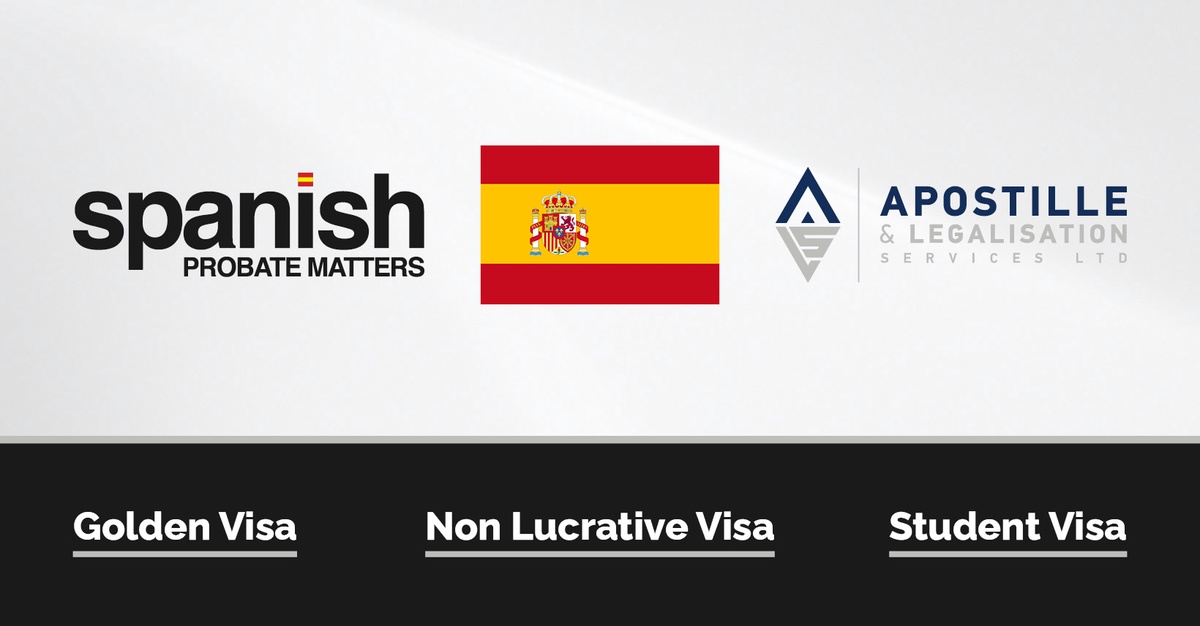Document certification and document legalisation are integral processes in ensuring the authenticity and legality of documents, particularly when they need to be used internationally. While they share a common goal of confirming a document's validity, they differ in their scope and requirements.
What is Document Certification?
Document certification is the process of verifying the authenticity of a document by a recognized authority, often a notary public or other authorized official. It confirms the document's legitimacy within the jurisdiction where it was issued. Certification typically involves a seal or stamp and the signature of the certifying officer, affirming that the document is genuine.
How Does Document Certification Work?
The process of document certification involves several steps:
Notarization: Begin by having the document notarized by a qualified notary public. This step verifies the identity of the document's signatory and ensures the document's authenticity.
Official Seal and Signature: The notary public will affix their official seal and signature to the document to confirm its legitimacy.
Certificate of Acknowledgment: The notary public may also provide a certificate of acknowledgment, indicating that they have witnessed the document being signed.
What is Document Legalisation?
Document legalisation, on the other hand, is the process of verifying the authenticity of a document for international use. It is often required when a document issued in one country must be recognized and accepted in another. Legalisation ensures that the document complies with the laws and regulations of the foreign country.
How Does Document Legalisation Work?
The process of document legalisation can vary depending on the destination country and whether it is a member of the Hague Apostille Convention:
Apostille: If the destination country is a member of the Hague Apostille Convention, the document can be affixed with an Apostille certificate by the competent authority in the issuing country. This simplifies the legalisation process and is recognized in all member countries.
Consular Legalisation: If the destination country is not part of the Apostille Convention, the document may need to undergo consular legalisation. This involves multiple steps, including verification by government authorities and embassy or consulate certification in both the issuing and destination countries.
Why Are These Processes Important?
Document certification and legalisation are crucial for various purposes, including international business transactions, immigration, education, and legal matters. These processes ensure that documents are legally valid and can be used without any issues or complications in foreign jurisdictions. Failing to follow the correct procedures for document certification and legalisation can result in documents being rejected, delayed, or deemed invalid in the destination country.
In conclusion, document certification and legalisation are vital procedures that play a significant role in international dealings and cross-border interactions. They facilitate the recognition of documents across different legal systems and contribute to the smooth functioning of global affairs. Understanding the specific requirements and procedures for each process is essential for anyone dealing with documents on an international scale.


No comments yet